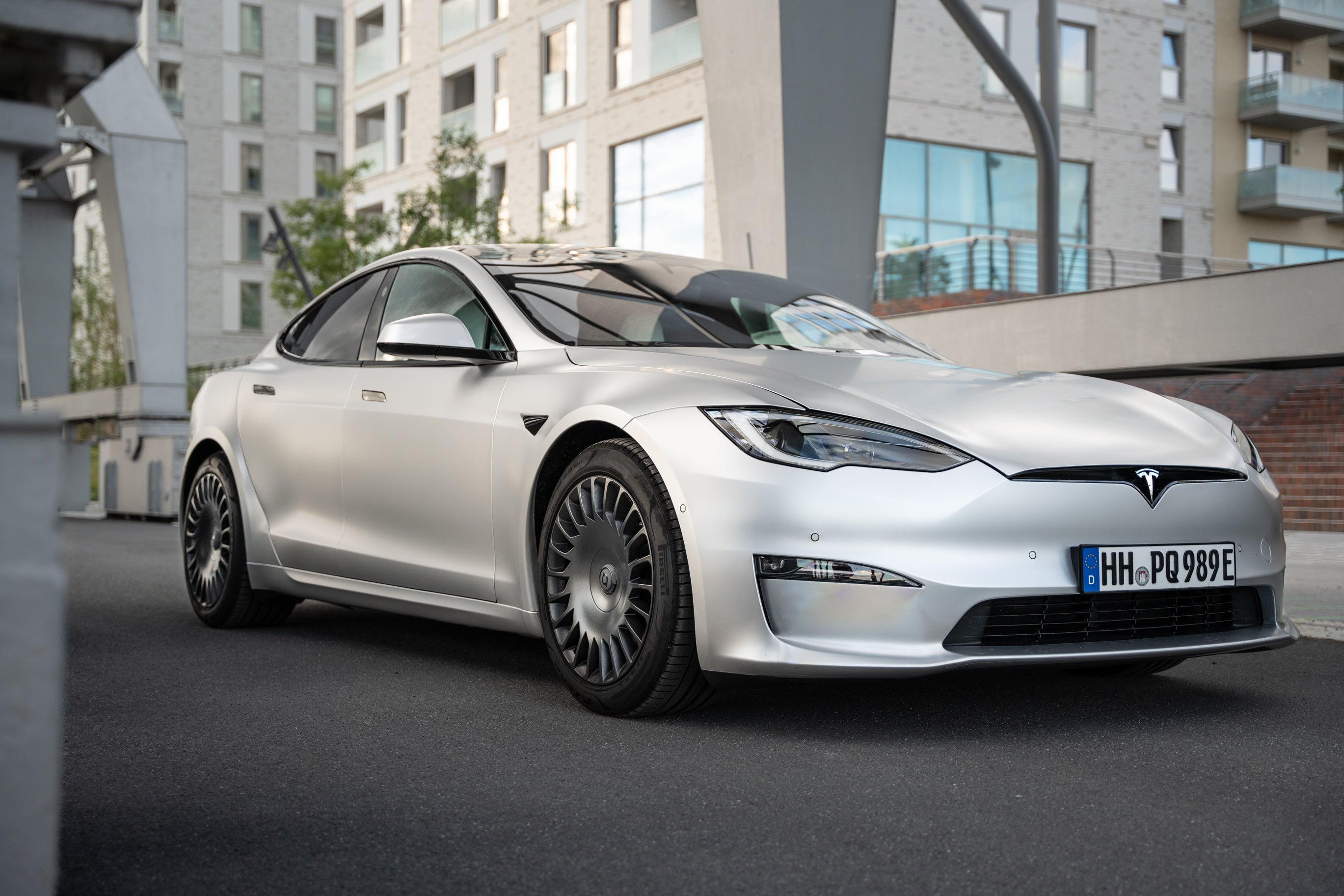Following the initial planning for the construction of the new Northvolt Gigafactory in Heide in the district of Dithmarschen, the ground-breaking ceremony for the construction of the new "Northvolt Drei" battery factory took place on March 25, 2024. This event was celebrated with great enthusiasm by Federal Chancellor Olaf Scholz, Economics Minister Robert Habeck and Schleswig-Holstein's Minister President Daniel Günther. Peter Carlsson, CEO of Northvolt, and Christofer Haux, Managing Director of Northvolt Drei, were also present to celebrate this important moment.
Northvolt's new battery factory will create around 3,000 jobs on a 100-hectare site. A total annual production of up to 60 gigawatt hours of storage capacity is planned. Completion is scheduled for 2029, but operations are expected to start as early as 2026. According to a report by the Reuter news agency, the investment sum for the project is expected to amount to around 4.5 billion euros, of which the EU is providing a total of 902 million euros, 700 million euros of which is a grant and 202 million euros a guarantee.
Federal Chancellor Olaf Scholz emphasized the strategic importance of such investments for Germany and Europe. He underlined the importance of a strong production base and emphasized the role of the automotive industry, which will continue to rely on high-quality battery cells in the future. The production of these cells "Made in Germany" and "Made in Europe" is crucial for the future viability of the industry. It is therefore gratifying that battery cells for one million cars per year are produced in northern Germany in a climate-friendly way.
The gigafactory will use the abundant wind energy available on the North Sea coast as its main source of energy. Although the exact electricity prices have not yet been determined, Peter Carlsson told the Frankfurter Allgemeine Sonntagszeitung newspaper that he is optimistic that the green electricity will be available at internationally competitive prices. He emphasized that Northvolt needs electricity at prices between 5 and 6 cents per kilowatt hour in order to remain competitive.






































